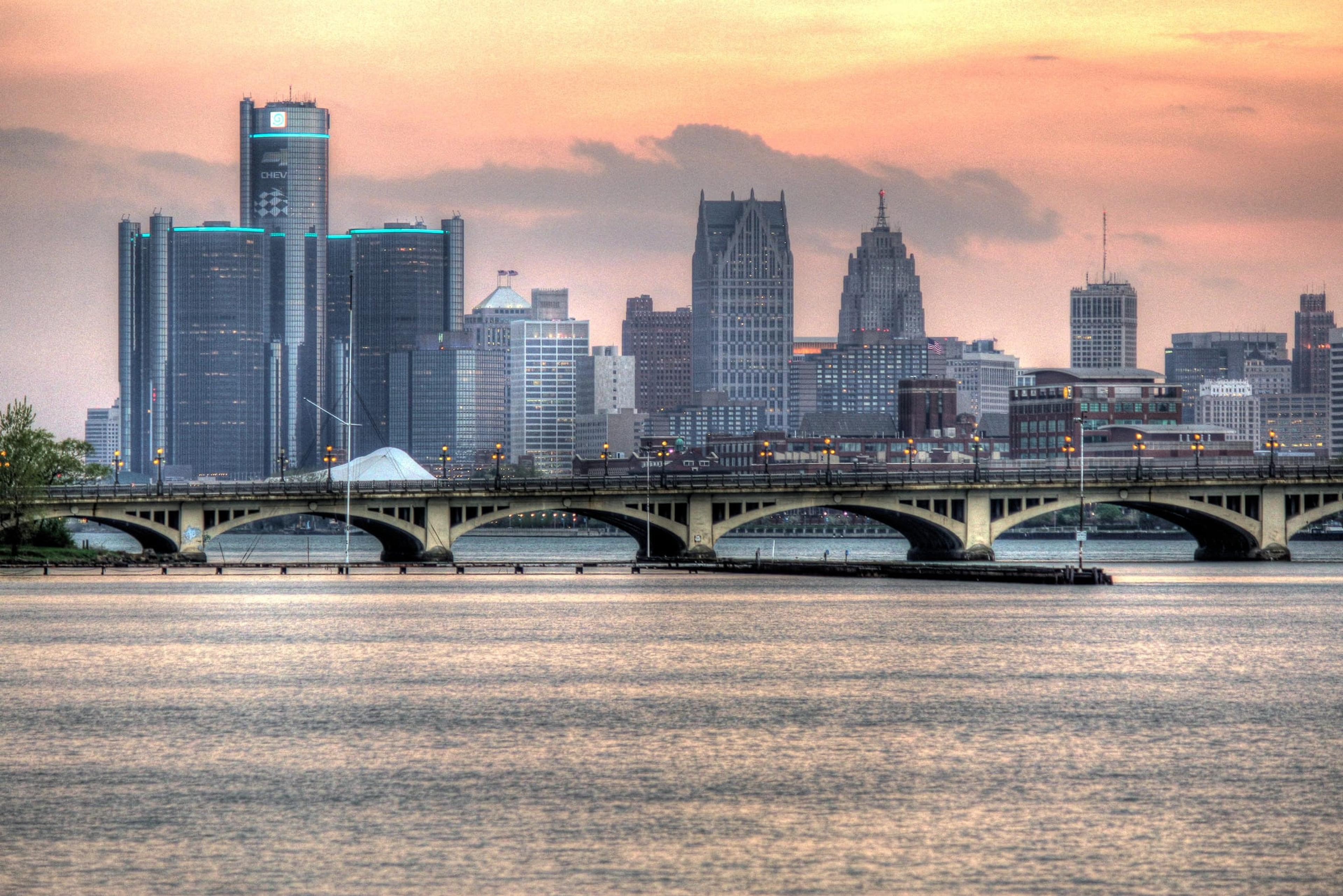Let’s Put Detroit’s Census Count in Perspective

Daniel J. Loepp
| 3 min read
Daniel J. Loepp is the former President and Chief Executive Officer of Blue Cross Blue Shield of Michigan.

On the surface, it’s difficult to put Detroit’s significant population loss, as reflected by Census figures released Tuesday, in a positive light. The city is now at its lowest population in 100 years. Back then, Henry Ford’s new assembly line was about to revolutionize industry and draw people by the hundreds of thousands to Detroit in search of a good day’s pay. But it put a sour taste in my mouth when I read this in The New York Times this morning: “The question now is the degree to which the most recent census figures will discourage those who have invested in Detroit and continue to try to make a go of it.” I’m here to say unequivocally that our belief in a bright future for Detroit is stronger than ever. As a native Detroiter who works here every day, I see positive signs nearly everywhere I look. And as I think you’d hear from all who’ve invested time and energy in the city, we’re here to stay. The Chrysler Super Bowl ad with Eminem may have reinforced our reputation as a metal-bending blue-collar town, and for good reason: After undergoing bankruptcy two years ago, General Motors and Chrysler are back with acclaimed new models, renewed focuses on quality and technology and vastly improved balance sheets. Ford is coming off its most profitable year since the late ‘90s. But we’re no longer all factory smoke. Detroit was recently cited as the nation’s fastest-growing markets for technology jobs, boosted by a new Microsoft technology center, a vibrant and growing TechTown business incubator, loads of new high-tech automotive engineering jobs and General Electric Co.’s largest concentration of IT professionals in the world. New businesses are cropping up around downtown and Midtown, and after a shakeup, automakers are luring advertising talent from far and wide. Quicken Loans is relocating thousands of employees from the suburbs to downtown. Wayne State University, Henry Ford Health System and the Detroit Medical Center are offering incentives to workers who agree to move to the dynamic Midtown neighborhood. I could go on. As one of the largest employers in the city, I recognize that Blue Cross Blue Shield of Michigan has an enormous stake in Detroit. It’s why I made the decision last year to begin moving 3,000 Blue Cross employees from the suburbs to the GM Renaissance Center starting this year. The initiative will bring our total downtown Detroit workforce to 6,000; plans are in the works to help orient those employees with nearby restaurants, coffee shops, clothiers, boutiques and other businesses. It’s also why I decided last year to keep hundreds of information technology jobs in the city rather than outsource them overseas by partnering with Strategic Staffing Solutions, a Detroit-based firm. Like most people, I was startled by Detroit’s low census count, which city leaders believe is inaccurate. But some perspective is needed. The results don’t change anything about the positive work underway to revitalize and re-energize this storied city and region. Positive grassroots efforts were underway before this one-day data dump occurred. They’ll continue their steady expansion long after. Daniel J. Loepp is president and chief executive officer of Blue Cross Blue Shield of Michigan. Photo Credit: Bryan Debus





